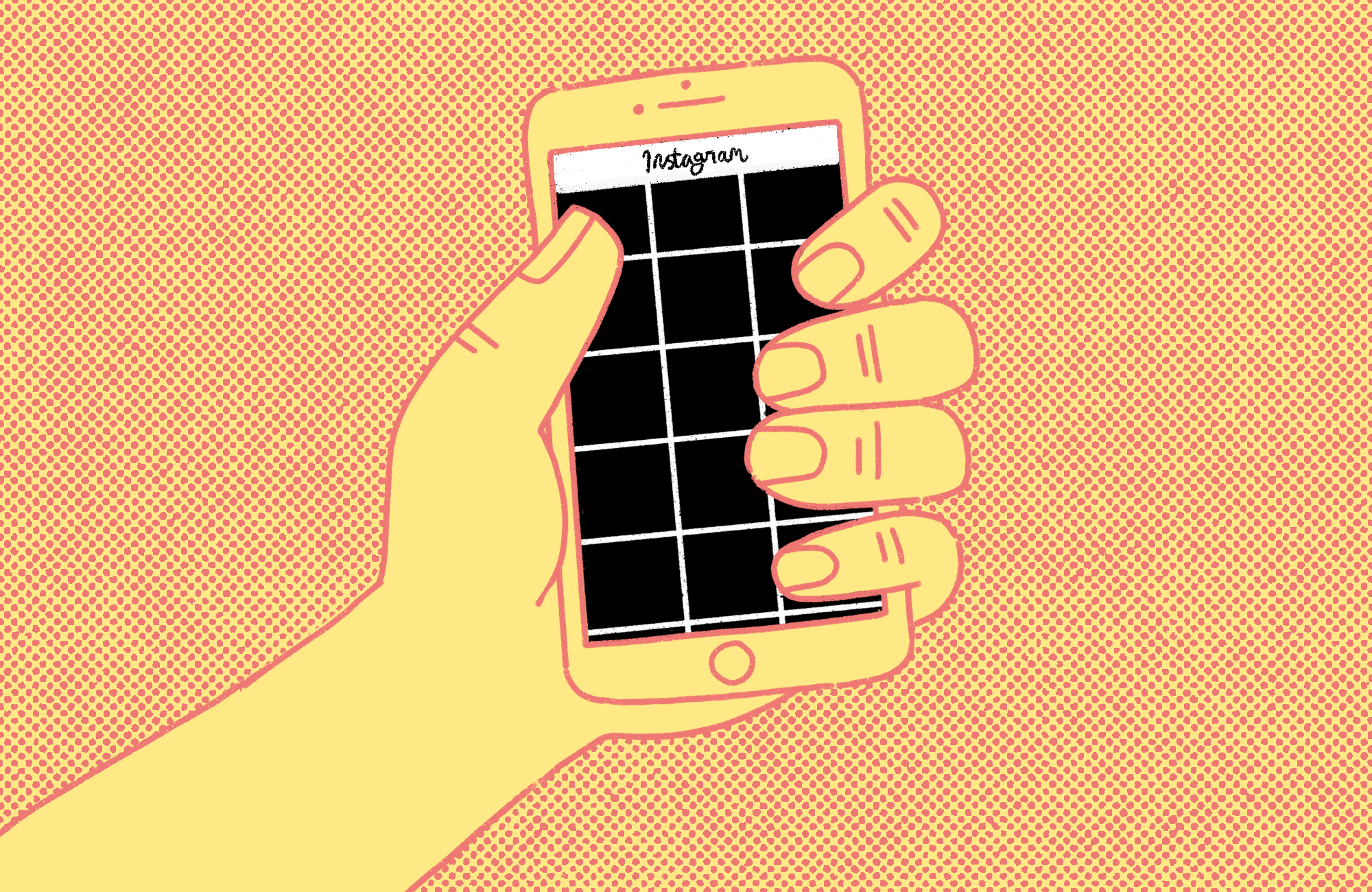“Game of Thrones” Leaves Little Room for POC
What is it about fantasy TV that makes it so white?
Illustration by
Chances are that if you watch TV or frequent social media platforms, you’ve at least heard of Game of Thrones. It took me until after season six aired to start watching, but now I’m pretty entrenched. When I first got into the show, I found it interesting enough. But I quickly realized that there are very, very few people of color on the show. That is, there are very few people of color who aren’t slaves or savage characters. As a young Mexican-Filipina woman, I rarely see myself represented in the media. There are too few characters celebrated on-screen who look like me or those within my community.
The film and television industries have made some improvements in their efforts to bring a more diverse mix to media, no doubt a response to the increased spotlight on Hollywood’s race issues– think of the popular satirical TV show Jane the Virgin and movies like Black Panther. However, given its status as a new staple in popular culture, Game of Thrones exemplifies how even in a fantasy world, the industry can’t seem to include roles for people of color. All of the protagonists, the Starks, the Lannisters, the Targaryens, and virtually everyone in between, are all white, not excluding that problematic image of Daenerys Targaryen, with her pale skin and long, silver hair, being held up and worshipped by a crowd of brown slaves she has just freed.
Now as a disclaimer, I have never read the Game of Thrones books, so what I’m talking about here mainly concerns the TV show. Anyway, like a true millennial, I took to Twitter to voice my concerns about the lack of characters played by people of color. It wasn’t to get attention or to start a fight over the Internet. I just wanted to call attention to something unfair that I had noticed. I quickly forgot about the tweet, until one of my friends, Jess, who I routinely watch the show with and who is white, texted me about it:
So I saw your tweet about got. Answer: HBO and the entertainment industry are racists cause in the books there are waaay more pocs and many people are racially ambiguous.”
I don’t get offended easily, but this really got to me. I debated for a long time before responding.
“I know you probably didn’t mean it this way lol but girl that’s one of the most whitesplaining things you’ve ever said.
Similar to mansplaining (where a man talks down to a woman, often while explaining something she already knows), whitesplaining is when a white individual explains racism to a person of color. People of color don’t need racism explained to them in simple terms; we live it every day. In my response, I needed Jess to know that her explanation was unnecessary. As a woman of color, I rarely see myself represented in the media. I know that the industry is largely biased and racist, routinely excluding people of color. My tweet was meant to bring more attention to this very real issue, even if only to my followers, not for her to oversimplify a race issue and without even offering a solution. She didn’t need to remind me of this reality.
Unfortunately, me speaking my mind was not what Jess was looking for. She, a white woman, wanted to be congratulated and validated for her explanation by someone of the affected minority group. She reminded me that she was “on [my] side” and that I was the one who brought it up in the first place. All of a sudden, I was being blamed for speaking up about something that made me uncomfortable. All of a sudden, someone who was supposed to support me was blaming me for being “really rude” and telling me that I should keep thoughts like this to myself.
“I can’t believe you would even think I would whitesplain to you,” she said, as though it would be fine if she whitesplained to someone else. She told me this had nothing to do with our races. Instead of listening to me and learning something about the representation of people of color in the media, Jess quickly made the situation about herself and how offended she was.
I found myself having to talk her down, to comfort, and coddle her. I didn’t want to lose a friend, but I also didn’t want to lose this opportunity to actually talk about race and potentially educate someone who is still blinded by her own white privilege. It had become something much more than just Game of Thrones. It was me, a woman of color, speaking up to a white woman about race. But in order to do so, I had to make it as palatable as possible for her, so as not to seem hysterical, unreasonable or aggressive. Although unintentional, I worked around her discomfort, wording my arguments tentatively to try to make her feel more comfortable and open, but despite my efforts to meet her halfway, she didn’t really want to have a conversation about race.
Of course, this type of incident isn’t unique to Jess and me. All too often, people of color, especially women of color, are burdened by the requirement to explain the complexities of race to white people. White people expect us to do all the work towards bettering our opportunities and our society by marching, protesting and mobilizing, when in reality, we also need the white community to step up and take action alongside us. Fighting for equality and justice, even in a text exchange with a friend, takes a toll on us, both physically and emotionally.
In this situation, I knew I couldn’t let the moment pass without saying something to Jess. I knew that I would regret not taking the opportunity to educate her, even in a small way. But just as white people expect us to educate them, they also often expect us to be grateful for what we have and silent on any issues we might disagree with. We aren’t expected to call them out for their mistakes, which do happen, even after they’ve decided they’re one of the “good” white people. However, when we do speak up and do so in the “wrong” way, people of color are blamed for making everything about race. We are blamed for being “difficult,” when in reality, it’s white people who are preventing progress. Ignoring people of color and labeling them as difficult allows white people to disguise their own inaction.
Jess and I are still friends, but I constantly find myself treading lightly, not sure whether I should venture into tough conversations with her about race. I know when I need to speak up, but it’s growing harder and harder to gauge when white individuals are willing to listen to and respect what I have to say. It’s hard to know when the effort you put in is going to be worth the toll it takes.
I believe we can make real progress, not only in media representation, but towards a more just society where people of color are treated as equals. But in order to really get there, people of color are going to need the white community to step up. We need them to stop whitesplaining, and listen. Listen to your friends of color because when it comes to the physical, mental, and emotional effects of racism, you’re never going to know better than they do just how destructive it is.
















